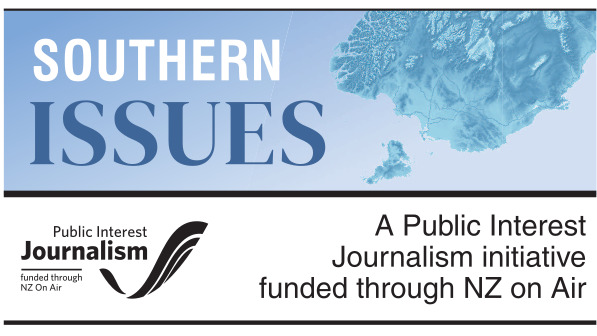
Regional councillors received the report during deliberations over the region’s proposed land and water regional plan (LWRP), due to be finalised in June next year.
Councillors dubbed the action "the big wrench in the tool box" and, along with environmentalists, have supported the "wrench" being pulled out when needed.
The action — in an internal report by council staff called "Farming Activities and Practices", obtained by the Otago Daily Times — includes changes to systems and land-use restrictions, such as banning new dairy conversions and dairy support, retiring of farm land and reduction of stocking rates.
The report points the finger at Otago’s 490 dairy farms as "largely the cause of increased nutrient stress on waterways" with Otago identified as the third-worst region for increasing nitrogen loads and dairying in New Zealand, after Canterbury and Southland.
Without the action required, the report says the regional plan is "unlikely to achieve environmental outcomes or freshwater visions in some parts of Otago".
Areas identified as not possible to clean up without this action include the Catlins, lower Clutha, lower Taieri and North Otago.
When asked to respond, dairy industry body DairyNZ stalled for a day and eventually said it could not respond by deadline.
However, an email exchange between DairyNZ media staff, accidentally sent to the ODT by DairyNZ, reveals Dairy NZ was working to "hopefully avoid responding".
In light of the report, council staff have asked the council’s LWRP governance group to consider its "support for going further" by including tougher action within the plan.
In a council workshop, Cr Lloyd McCall said "it’s pretty obvious, from what our science team are telling us, we are not going to just wave a magic wand and have the quality water we desire".
"We are going to have to keep a whole tool box available ... Rivers at risk and degraded ones are where we are going to have to throw more tools ... and where we need to, we may have to use the big wrench."
At a further meeting at the end of last month, councillors were told two lower tiers of farm controls — indicated to be in the LWRP and labelled good management practice (GMP) and good management practice + (GMP+) — would not be enough to achieve clean rivers across the region.

Councillors have been told GMP is "unlikely" to achieve much water quality improvement and GMP+ will achieve "slightly more improvement" and be "unlikely" to meet water quality targets "in several parts of the region".
Tougher action — including system and land-use change and referred to as GMP++ — is not slated in the draft regional water plan at this stage.
ORC policy and science general manager policy and science Anita Dawe said "at this stage any good management practice actions that would require systems change will not be included in the proposed LWRP."
No additional discussions with councillors were planned about the issue at present, she said.
However, the ORC has said if land-use changes "are to be implemented in the future", there is a need to "signal this longer-term change ... and prevent further intensification in the interim period so that resource users do not invest in establishing land uses in places where there are likely to be long-term constraints on resource availability."
Otago Fish & Game environmental officer Nigel Paragreen responded by calling for a "sober discussion" about what needed planning now.
"I would question whether simply signalling land-use change is appropriate given the council is also saying these are things that may be required to achieve the environmental impact outcomes we need to meet the national standard direction.
"There need to be clear milestones and plans appropriate for specific situations.
"This is fair on the environment, farmers and everyone.
"We shouldn’t give farmers a false hope that mitigation methods — some which require investment — will work, if we know from the outset they will not in some areas."
Regional councils are required by the government to set visions, goals and dates for achieving clean rivers, including interim targets.
The requirements, in the National Policy Statement For Freshwater Management, include baseline "target attribute states" — including nitrates and algal blooms — that must be met or exceeded.








